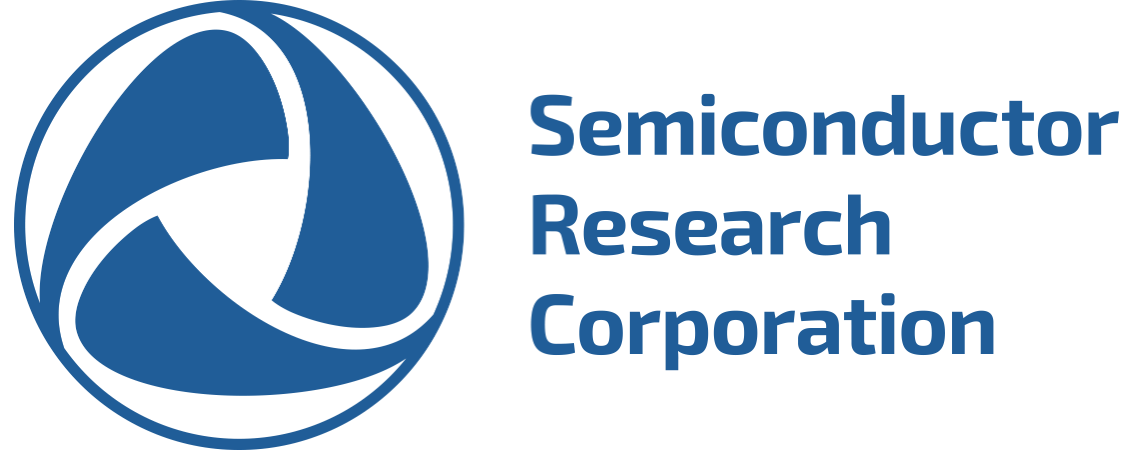SRC and Intel Foundation Partner to Prepare Future Innovators with Use-Inspired Research Program
Program Seeks Additional Partners to Produce Next Generation of Scientists, Engineers
RESEARCH TRIANGLE PARK, N.C. - Semiconductor Research Corporation (SRC), the world's leading university research consortium for semiconductors and related technologies, and Intel Foundation are partnering on an innovative program that provides science and engineering undergraduates with valuable, hands-on research experience and mentoring.
The Undergraduate Research Opportunities (URO) program, designed to stimulate and assist the next generation of technology leaders, supports hundreds of students each year at 14 university campuses nationwide. The SRC and Intel Foundation are seeking additional partners to expand the program over the coming year.
The URO program supports qualified undergraduates interested in physical science and engineering disciplines in advanced research projects, workshops and other resources that encourage and enable them to continue their education beyond a four-year degree.
"Generating world-class talent in the science and engineering fields is more vital than ever to a nation's competitiveness," said Larry Sumney, SRC President and CEO. "The SRC URO program builds on methodologies that have a proven ability to attract and retain students and encourage them to pursue advanced degrees."
"Through use-inspired research and industry connections, the SRC URO program helps promote undergraduate students into meaningful, productive careers as innovators and technology leaders," Sumney added. "Challenges to U.S. competitiveness are causing concern everywhere from Congress and the White House to company HR managers across the country. SRC is pleased to be part of the solution."
SRC URO Graduate: The Program Led to Career in Research
Without his experience in the SRC URO program, Dana Wheeler doubts he would have embarked on a career in semiconductor research. Wheeler, a post-doctoral researcher at the Midwest Institute for Nanoelectronics Discovery (MIND) at the University of Notre Dame, was part of the SRC URO program following his sophomore year at Notre Dame. He researched silicon tunnel diodes formed using rapid thermal diffusion and was involved in both the fabrication and characterization of the devices, gaining exposure to a variety of processing tools and measurement instruments.
"Before hearing about the program, it would have never occurred to me that I could do research as an undergraduate," said Wheeler. "Participating in undergraduate research made me realize that graduate school and research in the semiconductor field was the path I should take."
Wheeler praises the SRC URO program for its ability to acquaint students with semiconductor research early in their academic careers.
"The phrase 'semiconductor research' can be very intimidating to 19- or 20-year-old students with only a few semesters of engineering classes under their belts," Wheeler said. "The SRC undergraduate program allows students to dive right into research and helps them realize that they can make a meaningful contribution to cutting-edge research in the semiconductor industry."
A History of Fueling Successful Research
The URO program originally consisted of two distinct tracks, one managed and funded by the Intel Foundation and the other operated by SRC. Today, the program is managed by SRC's Education Alliance, with generous support from the Intel Foundation. The program has awarded research fellowships to more than 1,000 students and met its key goals of improving student retention, encouraging advanced education and increasing diversity. More than 95 percent of participants stayed in science or engineering, nearly 60 percent of graduates from the program continued to graduate school in science or engineering and 62 percent of program participants were women and/or under-represented minorities. SRC plans to develop a wider base of corporate support, allowing the program to reach many more students.
Universities currently involved in the program include Carnegie Mellon University, Cornell University, Georgia Institute of Technology, Howard University, North Carolina A&T, Oregon State University, Portland State University, Purdue University, University of California at Berkeley, University of California at Los Angeles, University of Michigan, University of Texas at Austin, University of Washington and University of Illinois at Urbana-Champaign.
The SRC URO complements SRC's existing outstanding advanced degree student programs, which have helped to educate more than 7,500 students since 1982 and annually supports 1,500 students at more than 100 universities. In addition to working on research projects that address the needs of SRC member companies, students have meaningful interactions with industry scientists and engineers, as well as with researchers from a broad academic community.
For information about all of SRC's student programs go to www.src.org and click on "Students."
About SRC
Celebrating 27 years of collaborative research for the semiconductor industry, SRC defines industry needs, invests in and manages the research that gives its members a competitive advantage in the dynamic global marketplace. Awarded the National Medal of Technology, America's highest recognition for contributions to technology, SRC expands the industry knowledge base and attracts premier students to help innovate and transfer semiconductor technology to the commercial industry.
MEDIA CONTACT:
Dan Francisco
The Francisco Group for SRC
dan@franciscogrp.com
916.293.9030


